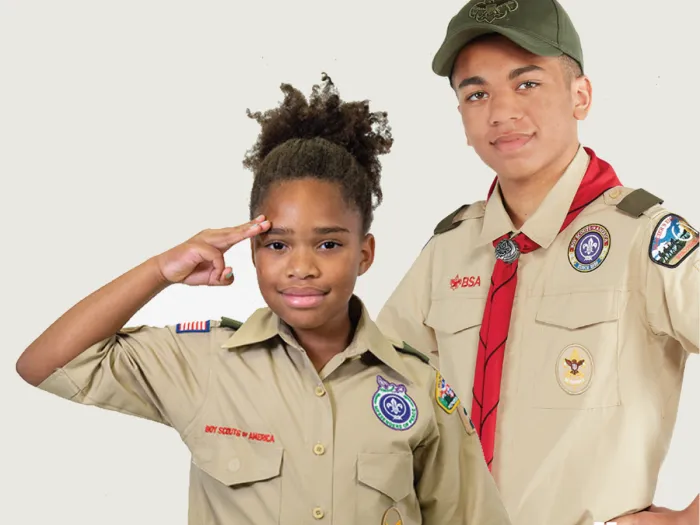The Scout Slogan, "Do a Good Turn Daily," is more than just a catchy phrase; it's a guiding principle that underscores one of the most vital aspects of the Scouting movement: community service. Engaging in service projects teaches young people invaluable lessons about empathy, civic responsibility, leadership, and the profound impact they can have on the world around them.
Fostering Empathy and Understanding
When Scouts participate in community service, they often work with or for people from different backgrounds and circumstances. Whether it's volunteering at a local food bank, assisting at a senior center, or cleaning up a neighborhood park, these experiences open their eyes to the needs of others. This direct engagement helps to:
- Develop a deeper sense of empathy and compassion.
- Break down stereotypes and build connections within the community.
- Understand the interconnectedness of society and the role they play.
Building Character and Civic Responsibility
Community service is a powerful tool for character development. It instills a sense of duty and responsibility towards one's community and country. Scouts learn that they have the power to make a positive difference, and that active participation is key to a healthy society. These experiences help cultivate:
- A strong work ethic and commitment to follow through on tasks.
- An appreciation for the importance of giving back without expecting personal gain.
- The values of citizenship and active involvement in civic life.
"The best way to find yourself is to lose yourself in the service of others." - Often attributed to Mahatma Gandhi, this sentiment perfectly captures the spirit of Scouting service.
Developing Leadership and Teamwork Skills
Many service projects require planning, organization, and collaboration. Scouts often take on leadership roles, learning how to:
- Identify community needs and brainstorm solutions.
- Organize and delegate tasks effectively.
- Motivate and work alongside their peers towards a common goal.
- Communicate clearly and solve problems that arise during a project.
These practical leadership and teamwork skills are transferable to all areas of life, from school projects to future careers.
Creating Tangible Impact and Lasting Memories
Beyond the personal growth, community service in Scouting leads to real, tangible improvements in communities. Whether it's planting trees, collecting donations, or revitalizing a public space, Scouts can see the direct results of their efforts. This not only benefits the community but also gives Scouts a profound sense of accomplishment and pride.
The memories made during these service projects – working together, overcoming challenges, and celebrating successes – often become some of the most cherished moments of a Scout's journey.
Examples of Scout Service Projects:
- Organizing food drives for local pantries.
- Participating in environmental clean-up initiatives (parks, rivers, trails).
- Building or repairing facilities for community organizations.
- Volunteering at animal shelters.
- Assisting with events for veterans or seniors.
- Eagle Scout projects, which are significant service projects planned and led by a Scout pursuing the Eagle rank.
Ultimately, community service is woven into the fabric of Scouting. It's an essential component that helps transform young individuals into responsible, caring, and engaged citizens prepared to make a positive impact on the world.
